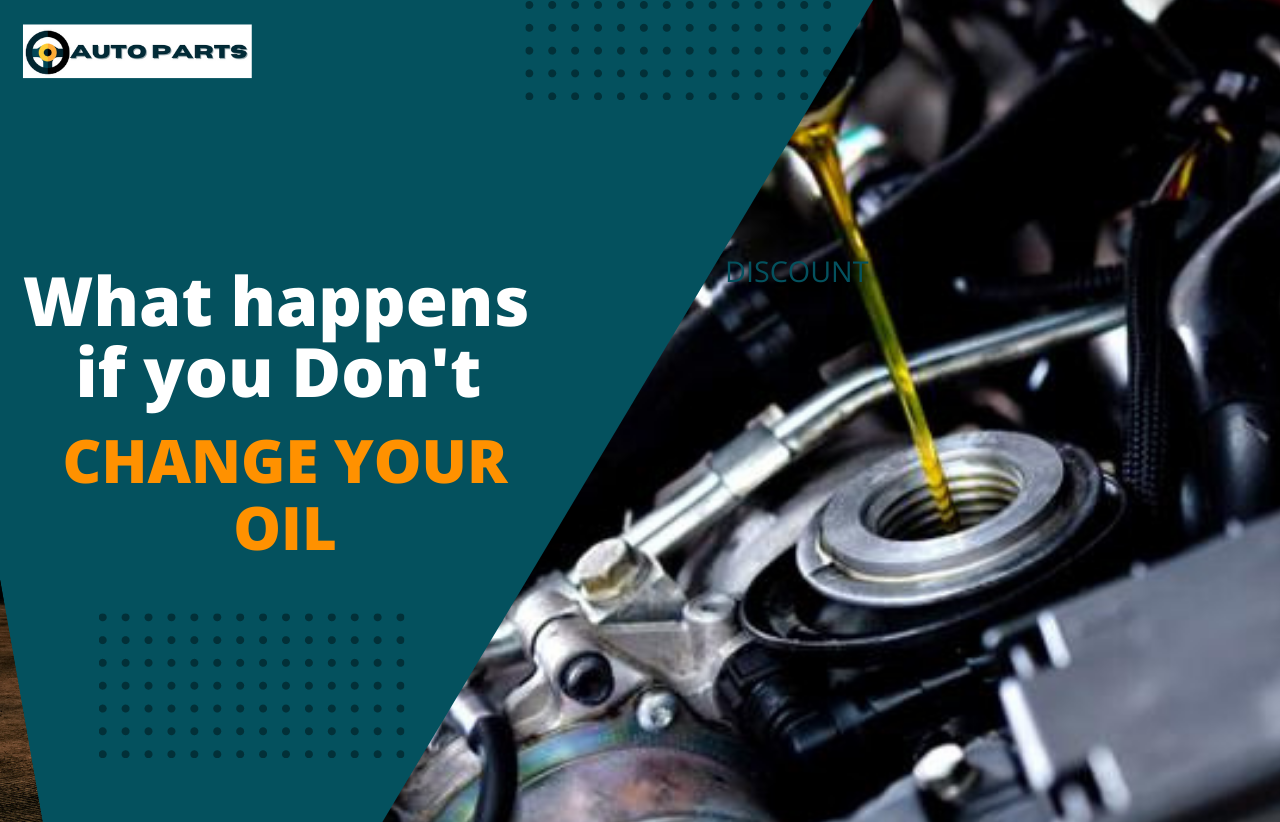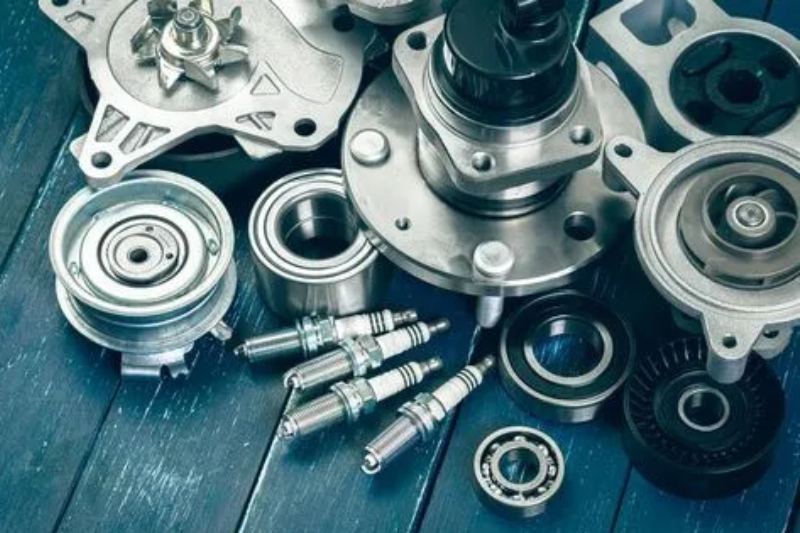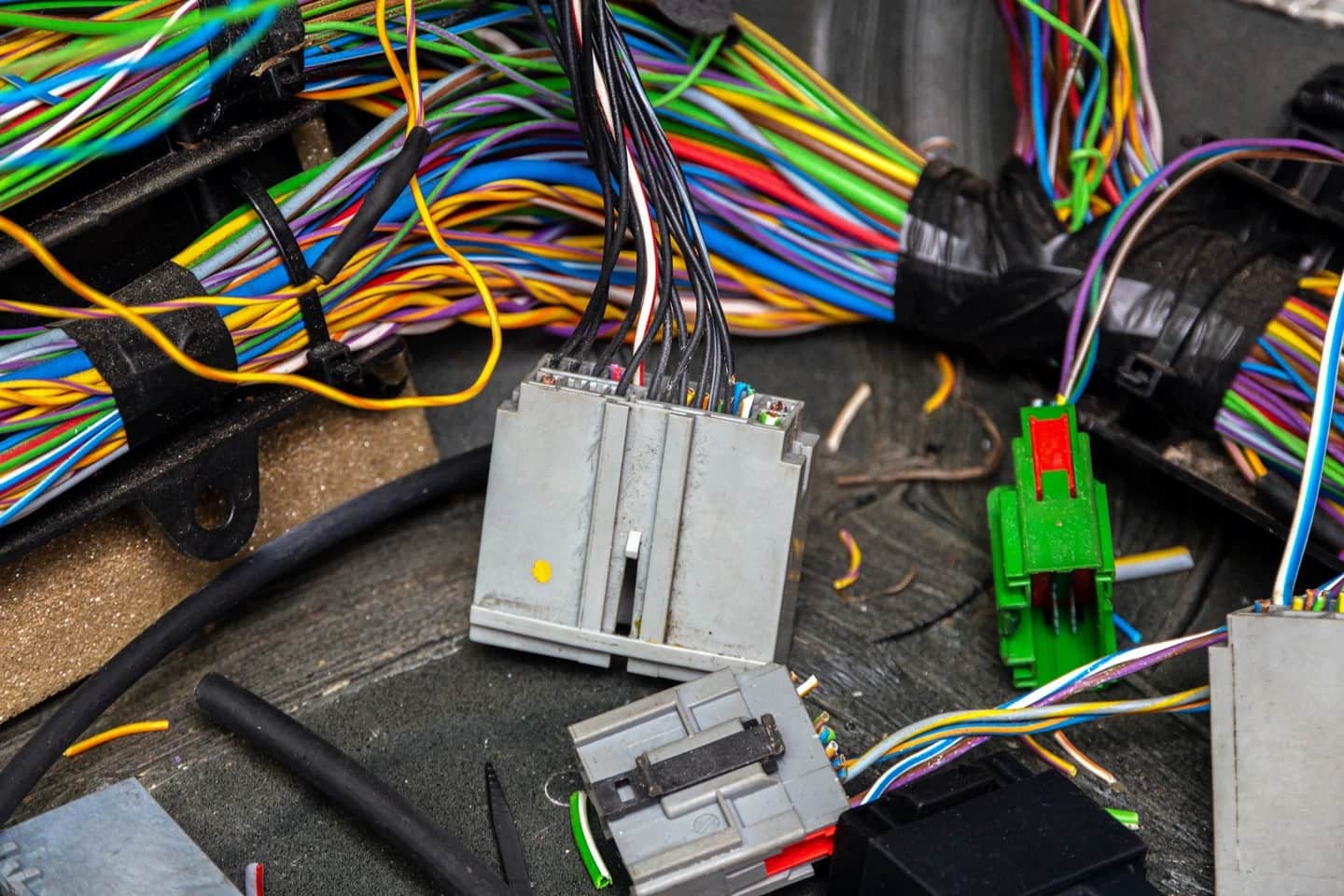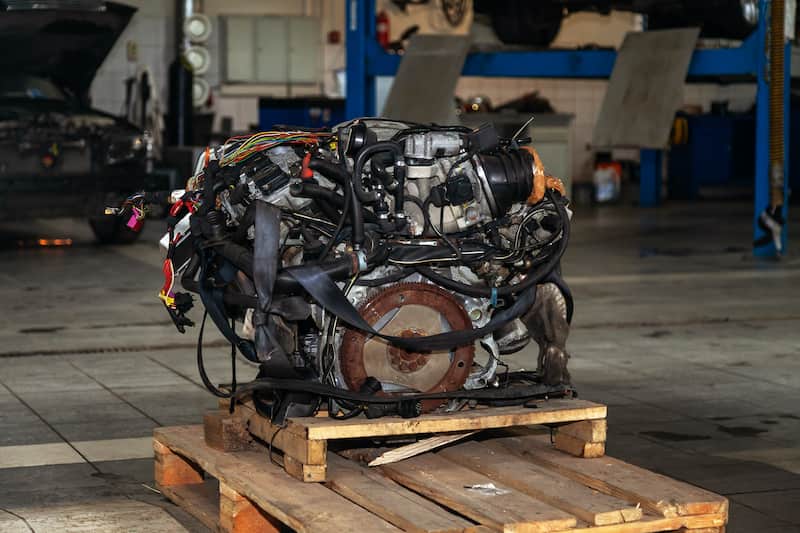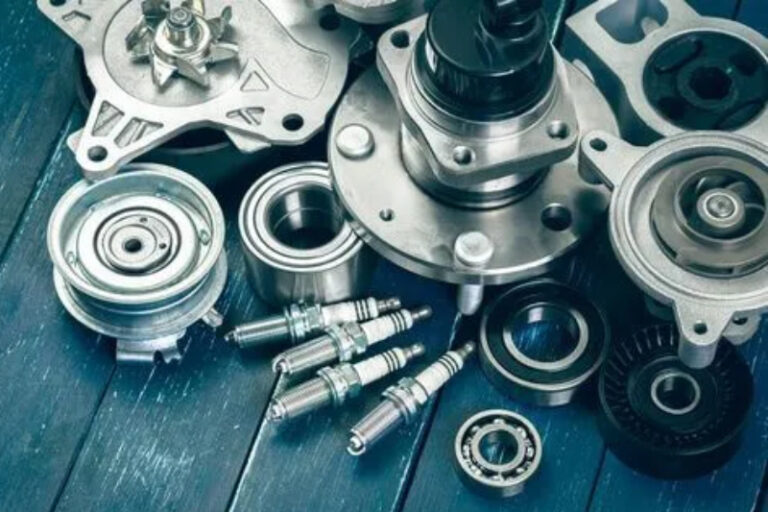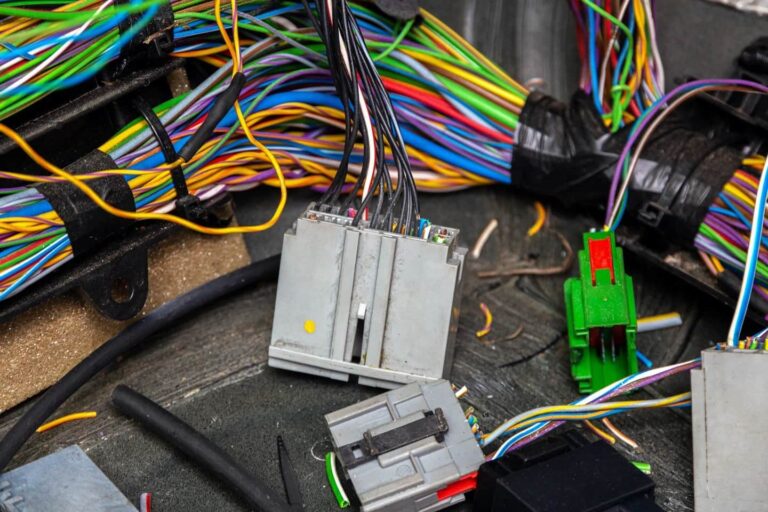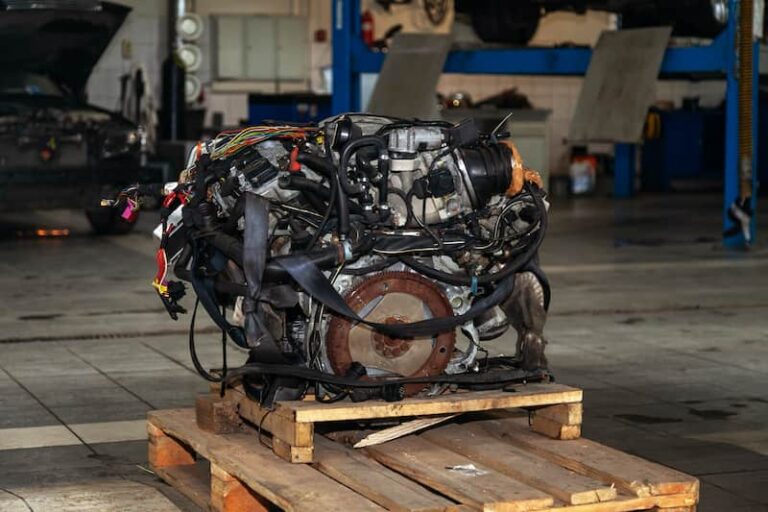Changing your car’s oil regularly is one of the most important maintenance tasks you can do for your vehicle. Unfortunately, many drivers either delay or completely forget this simple but essential job. Over time, failing to change your oil can lead to severe damage that may cost thousands of dollars to repair. In this article, we’ll explain what happens if you don’t change your oil, why oil is vital for your car’s health, and the long-term consequences of neglecting it.
What Is the Function of Engine Oil?
Think of engine oil as the lifeblood of your car. It performs several vital functions that keep your vehicle running smoothly:
- Lubrication: Engine oil coats metal components – such as pistons, valves, and bearings – reducing friction and preventing metal-to-metal contact.
- Cooling: It helps dissipate heat from the moving parts of the engine, complementing the cooling system.
- Cleaning: The oil captures dirt, carbon deposits, and metal particles, keeping the engine’s interior clean.
- Protection: A thin oil film prevents rust and corrosion by keeping moisture and contaminants at bay.
Without clean and sufficient oil, the engine’s moving parts grind against each other, creating heat, wear, and ultimately mechanical failure.
What Happens If You Don’t Change Your Oil?
Let’s explore what happens when you skip routine oil changes or run your car with old, dirty, or insufficient oil.
1. Lapse of Your Car’s Warranty
If your car is still under warranty, failing to follow the manufacturer’s recommended maintenance schedule – including oil changes – can void your warranty. Most automakers require proof of regular servicing. Ignoring oil changes could mean footing the entire repair bill for issues that would have otherwise been covered.
2. Increased Fuel Usage
As engine oil ages, it breaks down and thickens into sludge. This increases friction between moving parts, forcing your engine to work harder. As a result, your car burns more fuel just to maintain normal performance. Even a small 1–2% increase in fuel consumption can add up significantly over time. Additionally, burnt or degraded oil can produce toxic exhaust emissions, which are harmful to both your engine and the environment.
3. Component Wear and Tear
The engine contains many high-speed moving components – pistons, valves, and crankshafts – that depend on lubrication. When oil loses its viscosity and protective properties, these parts begin to rub against each other, wearing down surfaces and generating microscopic metal shavings. Over time, this friction leads to engine knocking, reduced compression, and ultimately complete engine failure.
Regular oil changes replace old oil with new lubricant containing the right additives to reduce wear and prevent damage.
4. Dirt and Sludge Buildup
Engine oil doesn’t just lubricate – it also acts as a cleaner, carrying away carbon deposits and contaminants. However, if you skip oil changes, these contaminants accumulate and turn into sludge. The sludge clogs oil passages and prevents fresh oil from reaching vital areas.
When this happens, your engine may experience:
- Poor acceleration
- Rough idling
- Low oil pressure warnings
- A burning smell or smoke from the engine
Ultimately, sludge buildup can choke your engine and drastically shorten its lifespan. In severe cases, you may need a full engine replacement.
5. Engine Overheating
Most people assume that the coolant is solely responsible for regulating engine temperature – but oil also plays a major role in cooling internal components. Over time, old oil loses its ability to absorb heat, leading to engine overheating.
Overheating can cause:
- Warped pistons or cylinders
- Blown head gaskets
- Cracked engine blocks
Once an engine overheats, repairs are expensive and time-consuming. Simply changing your oil on schedule can prevent this costly issue.
6. Total Engine Failure
When you continue driving with degraded or insufficient oil, the engine may eventually seize up completely. At this point, it’s beyond simple repair – requiring an engine rebuild or replacement, which can cost several thousand dollars.
Skipping a $50-$100 oil change can therefore turn into a $5,000–$10,000 repair. It’s a perfect example of how small negligence can lead to major consequences.
How Often Should You Change Your Oil?
Traditionally, drivers were told to change oil every 3,000 miles. However, modern engines and synthetic oils have extended this interval to 5,000–10,000 miles, depending on your vehicle type, driving conditions, and oil grade.
You should also check your owner’s manual or manufacturer’s service schedule for the exact recommendation. For severe driving conditions – such as frequent short trips, heavy towing, or dusty environments – more frequent oil changes may be necessary.
Signs Your Car Needs an Oil Change
Even if you forget the mileage interval, your car gives several warning signs that the oil needs to be changed:
- The oil change light or check engine light appears on the dashboard.
- The oil looks dark, dirty, or gritty on the dipstick.
- The engine sounds louder or rougher than usual.
- There’s a burning oil smell or visible smoke.
- You notice reduced performance or fuel economy.
Addressing these signs promptly can save your engine from severe damage.
What Happens If You Run Out of Oil Completely?
Running your car without oil, even for a short time, can destroy the engine. Within seconds, the internal parts will overheat and weld together due to friction. This results in catastrophic engine failure – a complete and irreversible breakdown. Always check your oil levels regularly, especially before long trips.
Preventive Maintenance Tips
- Always use the correct oil grade recommended by your manufacturer.
- Keep track of oil change dates and mileage using a maintenance log or app.
- Replace the oil filter every time you change your oil.
- Check oil levels at least once a month.
- Listen for unusual noises or performance changes – early warning signs of oil issues.
Final Thoughts
Changing your car’s oil is one of the simplest and most affordable ways to extend your vehicle’s lifespan, improve fuel efficiency, and prevent costly repairs. Ignoring it might save you time now – but it will certainly cost you more in the long run.
Make oil changes a habit, not an afterthought. Your car – and your wallet – will thank you.
Frequently Asked Questions (FAQs)
Topping up oil only adds new fluid to old, dirty oil. This dilutes contaminants but doesn’t remove them. You still need a full oil change to clean the system.
You risk sludge buildup, component wear, overheating, and engine failure. The longer you delay, the more expensive the repair will be.
Check your vehicle’s owner manual or oil cap – it specifies the oil grade (e.g., 5W-30 or 10W-40). Using the wrong oil can harm your engine’s performance.
Yes. Even if you don’t drive much, oil can degrade due to moisture, oxidation, and temperature changes. Change it at least once a year.
Absolutely. Poor maintenance history lowers your vehicle’s value and makes it harder to sell, as buyers prefer cars with documented service records.

